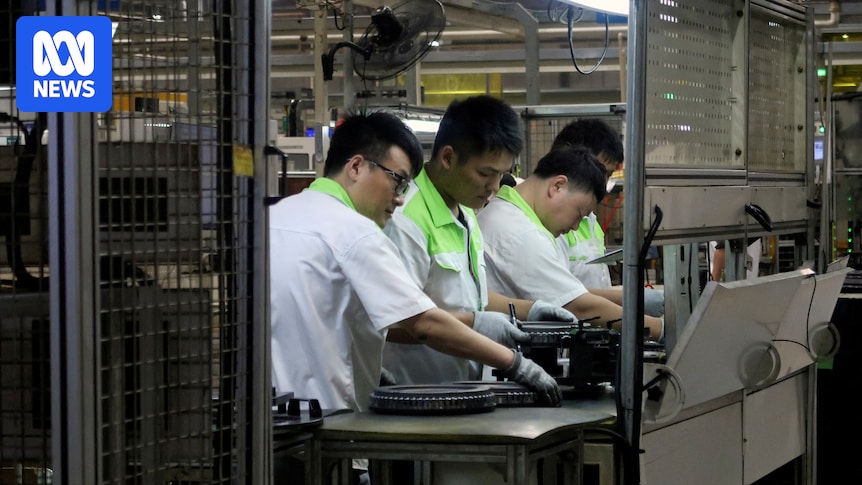China’s government has confirmed it will soon begin raising the country’s retirement age, which is currently among the youngest in the world’s major economies.
The extension is considered long overdue by economists, with the current age of 60 for men and 50 or 55 for women (depending on whether they work blue- or white-collar jobs) not having changed since the 1950s.
That’s despite life expectancy in China having risen to 78 years as of 2021, and being projected to exceed 80 years by 2050.
The policy change will be carried out over 15 years, with the retirement age for men to be raised to 63 years, and to 55 or 58 years for women.
That’s a step short of the 65 years for all citizens that had recently been suggested in reports by state-run media, which backed the proposal first adopted by the Communist Party in July due to the country’s shrinking population and aging work force.
The policy will be implemented starting in January next year, according to the announcement from China’s legislature, reported by state broadcaster CCTV.
“We have more people coming into the retirement age, and so the pension fund is [facing] high pressure,” said Xiujian Peng, a senior research fellow at Victoria University who studies China’s population and its ties to the economy.
“That’s why I think it’s now time [the Chinese government has decided] to act seriously.
“If the population continues to decline, the shrinking of the labour force will accelerate, further negatively impacting economic growth.”
The change will take effect progressively based on a person’s birthdate.
For example, a man born in January 1971 could retire at the age of 61 years and seven months in August 2032, according to the chart released along with the policy.
A man born in May 1971 could retire at the age of 61 years and eight months in January of 2033.
Life expectancy in China has risen to 78 as of 2021, and is projected to exceed 80 by 2050. (Reuters: Tingshu Wang)
Hundreds of thousands of people took to social media after China’s official Xinhua news agency reported that officials were discussing the change, earlier this month, with many expressing concern there would be more job seekers chasing too few openings.
ANZ’s senior China strategist Xing Zhaopeng, meanwhile, said the move would likely have no impact on the economy in the short term, but in the long run would help to avoid “premature labour shortages” and maintain stable productivity growth.
Top health body urges marriage, childbirth at ‘appropriate ages’
In a separate bid to tackle the country’s declining birth rate, an official from China’s National Health Commission (NHC) says the body will focus more efforts on advocating marriage and childbirth at “appropriate ages”.
Yu Xuejun, the organisation’s deputy head, said the NHC would also call for shared parenting responsibilities to guide young people towards “positive perspectives on marriage, childbirth and family,” the state-backed Global Times newspaper reported on Thursday.
This would help to foster a “new culture of marriage and child-bearing,” Mr Yu added.
By law, Chinese men can only get married after the age of 22, and women after the age of 20.
The move comes as Beijing tries to incentivise more women to have children after China’s population fell for a second consecutive year in 2023 and births fell to a record low.
Loading…
Many women are opting to remain childless due to high childcare costs, as well as an unwillingness to put their careers on hold in a traditional society where they are still seen as the main caregivers and where gender discrimination remains rife.
The number of marriages in the first half of this year fell to its lowest level since 2013, official data showed.
Much of China’s demographic downturn is the result of China’s One Child Policy, which was imposed between 1980 and 2015.
The NHC’s Mr Yu said China’s changing demographics of a low birth rate and rapid aging were a natural outcome of economic and social development, but added the committee was asking for persistent efforts from all “localities to promote sustainable demographic development”.
ABC/wires
